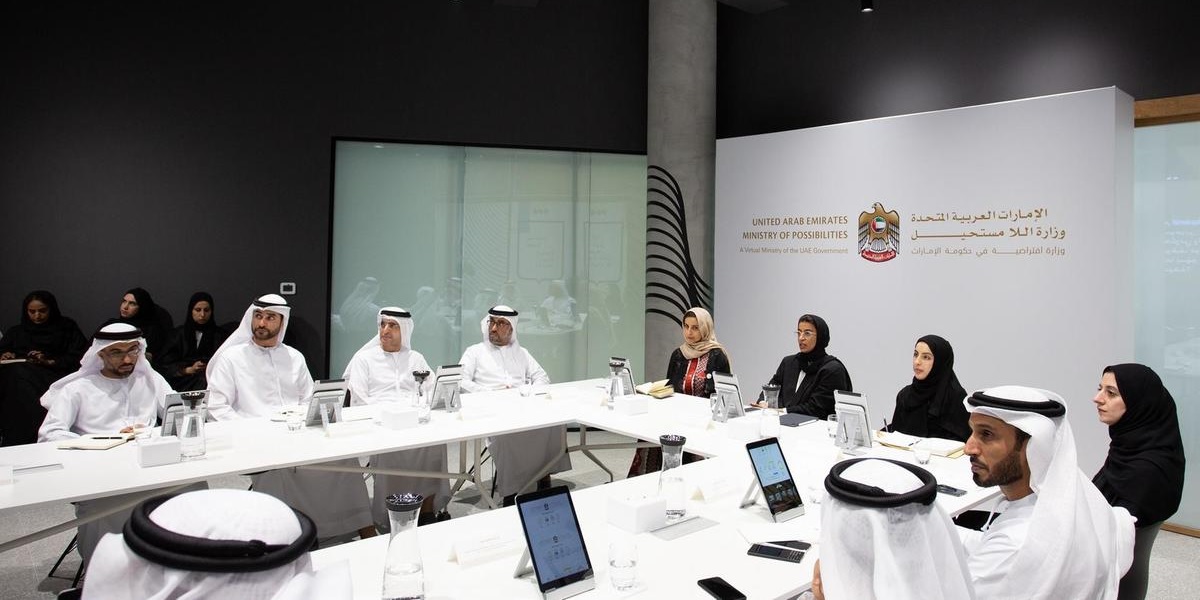The UAE is developing a sophisticated and far-reaching range of initiatives to attract 21st century skills.
In 2015, Klaus Schwab, the executive chairman of the World Economic Forum, coined the term ‘Fourth Industrial Revolution’ to describe our connected industrial society and its increasing reliance on intelligent information systems.
As with previous industrial periods, this revolution will have a profound impact on our world, not least of all changing the nature of work and our relationship with it. However, in the short term, many of the dynamics will appear familiar, such as the increasing demand for specialist skills that serve new, upcoming industries and the competition among employers to hire those skills.
His Highness Sheikh Mohammad Bin Rashid Al Maktoum, Vice President and Prime Minister of the UAE and Ruler of Dubai, on Sunday launched two new initiatives supporting the National AI Strategy to build capacity in AI talent. Announced at a retreat organised for AI experts by the National Programme for Artificial Intelligence, the new initiatives are part of a far-reaching policy to ensure the long-term availability of talent at many levels, to help ensure the country’s competitiveness in the Fourth Industrial Revolution.
In light of fierce global competition among nations for leadership positions in the Fourth Industrial Revolution and the fluid state of the global AI talent pool, winning our new talent wars will require more than simply outbidding competitors. Today’s policymakers must recognise that they need to attract both home-grown and international talent, leverage human resources that are located around the world and create ways of building long-term relationships that will continue to support the availability of talent. It’s all about building talent ecosystems, rather than simply planning to acquire more people with the right skills.
The UAE government recognised the scale of the talent challenge early on and has been developing a wide range of initiatives to attract, train and develop talent, nationally, regionally across the Arab world and globally.
But what did the previous industrial revolutions teach us? The workforce requirements of the first three changed our planet forever. In pre-industrial societies, more than 80 per cent of the population lived in rural areas. Drawn by the promise of jobs in new industries, people flocked from the countryside to towns and cities. By the year 1850, more people in the United Kingdom lived in cities than rural areas and by 1920, a majority of Americans lived in cities, too. The mass movement of people resulted in far-reaching economic, geographic and social changes that have made our world what it is today.
The changes that the Fourth Industrial Revolution will bring are also destined to shape the future of human existence. Artificial intelligence is set to transform the nature of nearly every single one of today’s existing jobs, eliminate job roles that currently employ millions of people and create millions of new jobs, including many roles that have not yet even been imagined. Furthermore, the pace of change is accelerating, powered by faster technology development and so putting more pressure on business, economic, political and government systems than ever before.
This story was first published on The National


